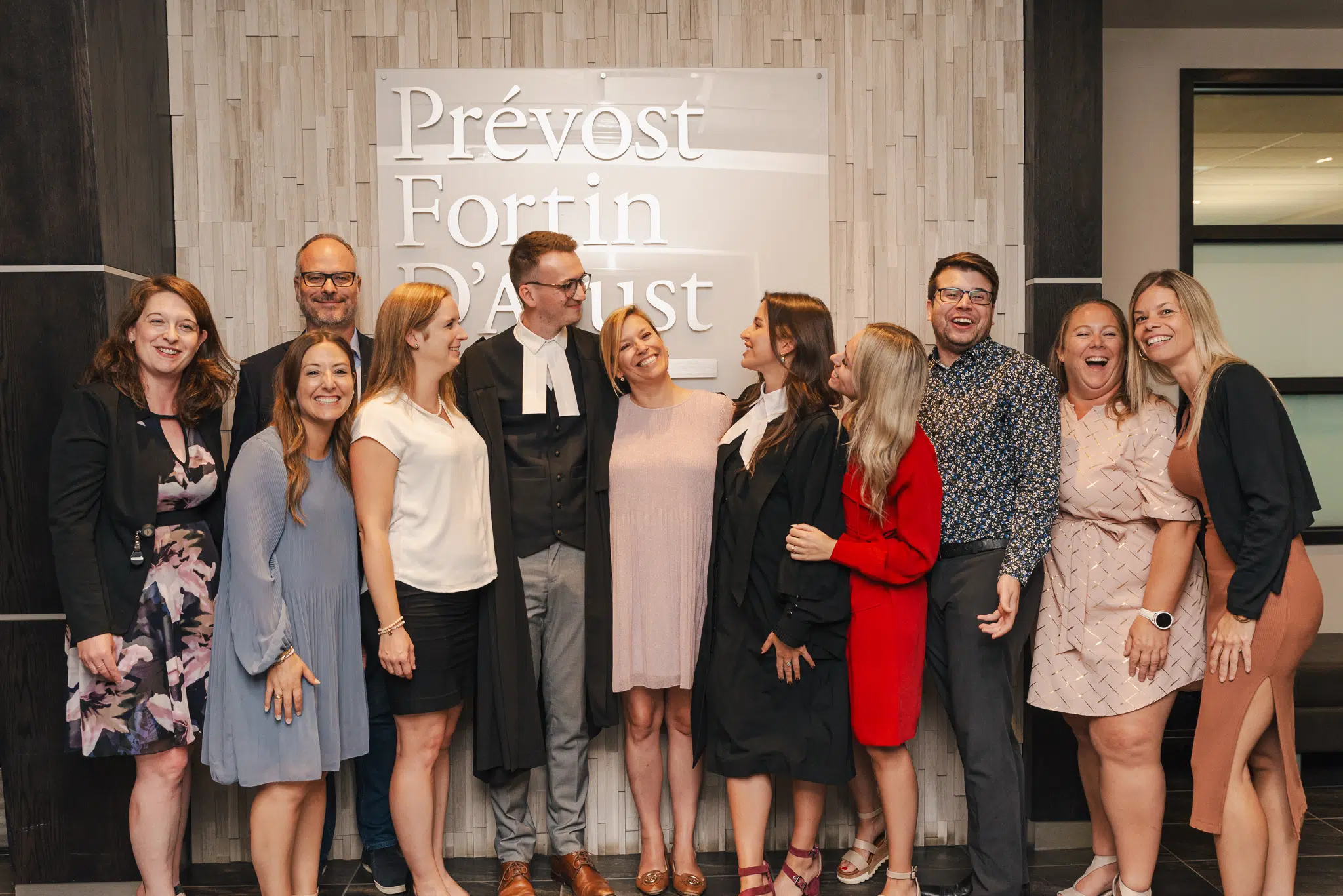- Publications
On December 12, 2019, in Yared v. Karam, 2019 SCC 62, the Supreme Court of Canada handed down a decision on the interplay of the rules governing the institution of a family patrimony and of a trust for the very first time. The case may be summarized as follows.
On October 4, 2011, the parties created a family patrimony for the benefit of Ms. Yared and the children. On June 18, 2012, the trust acquired a family home. The trust was controlled by Mr. Karam, in accordance with the powers conferred by the trust. On July 2, 2014, Ms. Yared filed for divorce from Mr. Karam but passed away on April 6, 2015, before it was finalized. The liquidators of her estate then asked the court to include the value of the home in the family patrimony and, by the same token, in Ms. Yared's estate.
The Québec Court of Appeal deemed that the spouses' contractual freedom to place their assets in a trust?a distinct patrimony by affectation?was to be respected in the absence of the intent to avoid family patrimony rules. It ruled that neither the value of the home nor the value of the rights that conferred its use should be included in the family patrimony (Karam v. Succession de Yared, 2018 QCCA 320).
In a split decision, the Supreme Court emphasized the public order character of the rules governing family patrimony and the following principles.
- Spouses are free to acquire, sell or choose never to own the property included in the family patrimony.
- That said, spouses cannot contract out of family patrimony rules.
- When it is determined that a spouse controls an asset in the family patrimony without being the owner in title, the rights that confer the use of the asset may be considered in the value to be divided.
- The rights that confer use are not limited to the dismemberment of the right of ownership. Assets acquired through a trust or transferred to a trust therefore may therefore be included in the family patrimony.
- The fact that a trust was constituted for a legitimate purpose and in the absence of fraud and bad faith does not displace the mandatory rules governing family patrimony. The intent, behaviour or good faith of the spouses does not prevent the inclusion of an asset in the division of a family patrimony.
By applying these principles, the Supreme Court first concluded that the value of the rights held by the trust that confer the use of the family residence to the spouses should be included in the family patrimony. The Court then determined that the value of the family home was to be included in the calculation of the family patrimony, even though the evidence does not point to any objective or action to avoid family patrimony rules at the time the trust was created.
The ruling has profound implications for married couples in Québec, especially in view of the fact that the family home often constitutes the largest financial asset to be divided when spouses go their separate ways. In light of this decision by the nation's highest court, lower courts will likely begin to adopt an approach based on the assessment of a trust's effective control by the spouses in order to determine their respective obligations when a divorce occurs.
For more information on the Supreme Court's ruling, estate planning or separation, contact one of the experts in our family law group.
Related publications
- Publications
- Publications
- Publications
- Publications
- Publications
- Publications
- Publications
- Publications
